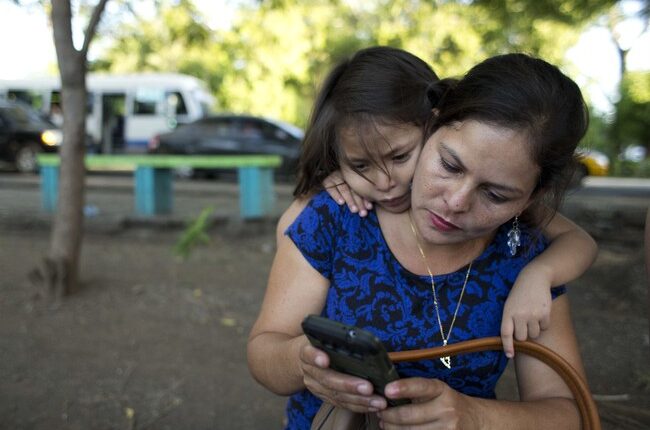
Sponsored by organizations, non-profits, and government entities, the month aims to highlight the challenges faced by children and young adults in the foster care system. It also acknowledges the efforts of foster parents, social workers, and other professionals dedicated to child welfare.
Events such as “Breaking Barriers,” organized by the Indianapolis-based group “Foster Success,” shed light on the obstacles encountered by older foster children. During this event, young adults who have navigated the foster care system shared their experiences and transition into adulthood. These individuals not only recounted their stories but also provided mutual support for one another along their journeys.
WATCH:
One of the mentors at the gathering, Shalise Truxler, expressed, “You may feel anxious about public speaking or sharing your story initially. However, when you see people engaging, sharing laughs, and transforming the conversation into more of a dialogue than an interview, witnessing others break out of their shells using the same tactics that helped you can be truly gratifying.”
Organizers of the fundraiser expressed hope that the yearly event would break barriers and help the community understand the challenges faced by foster teens. The initiative aims to raise awareness and foster a supportive environment for people transitioning from the foster care system.
Thursday’s, “First Chance for White Pants” was hosted by the Methodist Home for Children of Greenville, North Carolina. Its aim was also to raise awareness, as well as funds toward foster care and placement.
As Methodist Home President and CEO Bruce Stanley said in the companion video below:
100 percent, we have need for families to step up. You don’t need to own your own home. You can do fostering with your own children, your biological children already in place. You do not need to be married in order to be a foster parent. And Methodist Home for Children offers incredible training, and we will walk alongside anyone who is willing to serve in this way.
WATCH:
In past Feel-Good Friday columns, I have highlighted unique foster parents and foster situations; and National Adoption Day, where adoptions, particularly of foster children, were given special notice and spotlighted. Unlike adoption, foster care has a unique set of circumstances, balancing giving a child a safe haven coupled with (in some cases) the goal of reuniting them with their families.
I first wrote about Peter Mutabazi in April 2024, and his innovative way of highlighting his role as a single man who acts as a foster father to displaced children. Mutabazi not only fosters children, but he has adopted three. His first adoptee was Anthony, who came to him as a foster at the age of 11, and their story always brings tears to my eyes. In 2025, Anthony told his story in his own words, and even if you have not heard it, it is well worth hearing again.
WATCH: Anthony’s story here.
In his social media videos, Mutabazi will tell you that it is the support of his community resources, especially those centered on faith, that allows him to give to the children who so desperately need it.
Second Nurture, founded by Susan Silverman, is one of those faith resources. Silverman mostly works with synagogues, and offers support and direction for foster parents and those who wish to explore foster care. Silverman was asked, “Why are faith communities good partners?” Silverman responded,
They’re already gathering with a sense of purpose and values. No community is like, “Oh, screw the orphan.” Most, at least in theory, want to help. Our partners…are already engaged with issues like homelessness, mass incarceration, drug abuse, human trafficking—and the foster experience is the number one feeder into all those problems. If you went to a soup kitchen and asked how many people were raised in foster care to any extent, maybe 80% would raise their hands. That’s because when you “age out” of foster care at 18 or 21 with no safety net, no one to say “come live at home and save money,” you’re vulnerable. If foster families are successful—whether through adoption or helping biological families get back on their feet—children don’t age out without support.
Especially during this month focused on foster care, perhaps find an organization in your community which works with and supports fostering and the foster care system. Or if you’ve been on the fence, perhaps it’s time you stepped up to be family to a vulnerable child in need.

















